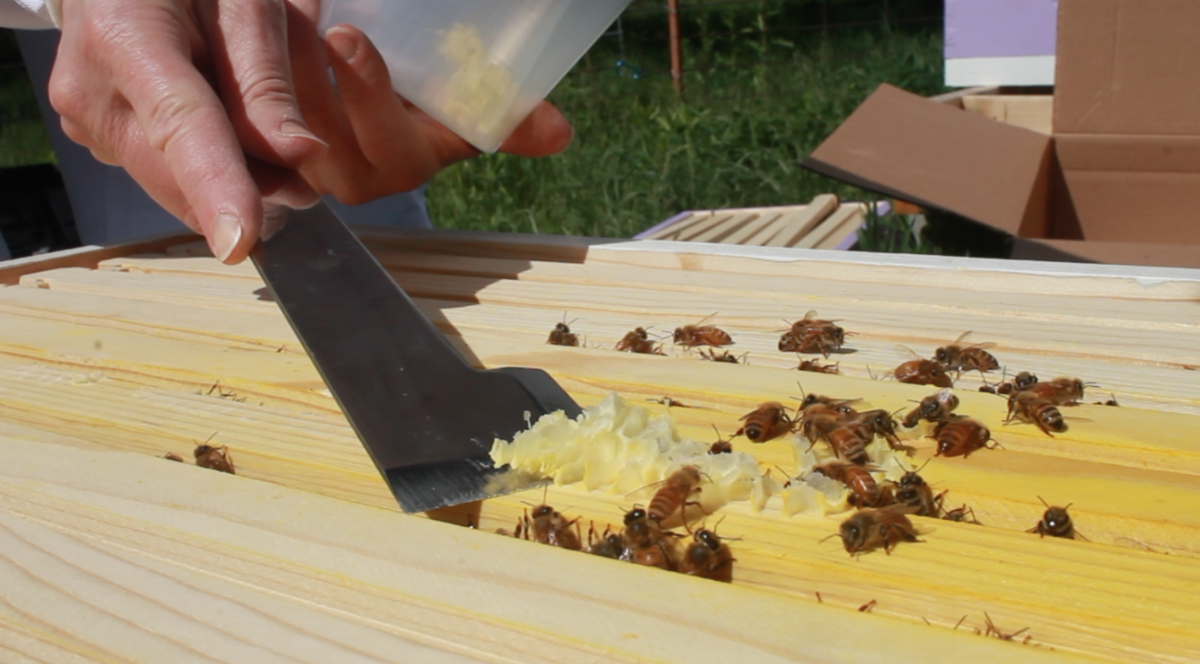“Put yourself in a prehistoric era, when it was unusual to come across anything sweeter than a few berries in late summer, and it is easy to understand why honey has always been associated with magic. For many millions of years, there was nothing else like it on the planet.”
(Jacobsen 2010, 97)
Once, I was handed a wooden spoon, spilling over the convex edges was my first taste of pollen buzzed syrup. Raw honey didn’t spark my fascination with apis mellifera, but it didn’t curb my enthusiasm either. More recently, I’ve seen this reaction from peers and classmates as they inaudibly decide to disown habits of commercialized honey consumption and switch over to honey collected from natural beekeeping practices. My experience this year has shown me that it’s often the first taste of something that increases our interest in its origin. This same phenomenon occurred within me the first time I shucked an oyster, and the first time I tried truffle chocolate while speaking to the woman who collected the truffles. The intimacy of taste combined with the knowledge of origin is powerful. These instances changed my perceptions on all prior oysters and chocolates I had consumed unknowingly before. They distinguished two separate parts in my life. During the first, taste was one of five senses, and the second, the now, taste became something emotional, and behind closed lips, accessible only to me.
The past few weeks, I have been mentally transported back in time to my first taste of unpasteurized honey. In that moment, I was more elated by the visible bits of pollen and green leaf material caught still life in the jar than the taste of any food before. This was magic. This was a food where you could not only taste the Linden, you could see remnants of its life in crystal form. Honey is just as magical as it was prehistoric area. Sugar is in everything; there is no strife in a quest for sweetness. But when we enjoy honey now, it is a relief to find sweetness that has not been tempered with artificially. This experience is humbling, and worth every savor.
Terroir leads us to make a choice. Which honey will we buy when we know the origin of the sweetness? How will we choose to spend our money when we recognize the affects of natural and commercialized beekeeping on our pollinators?


Leave a Reply